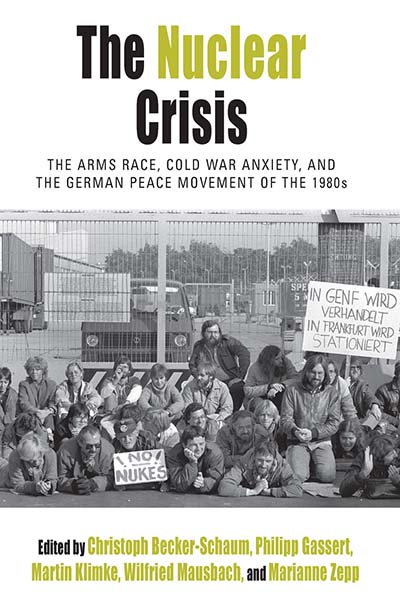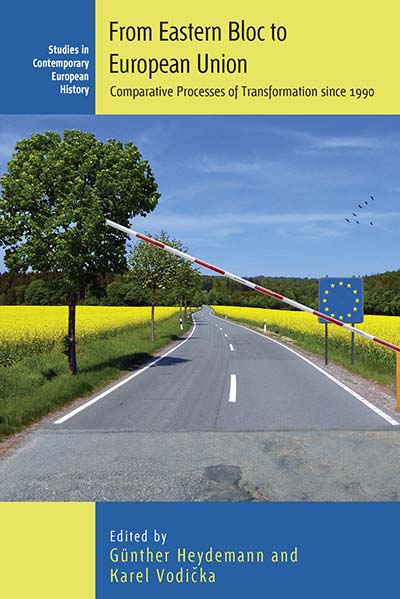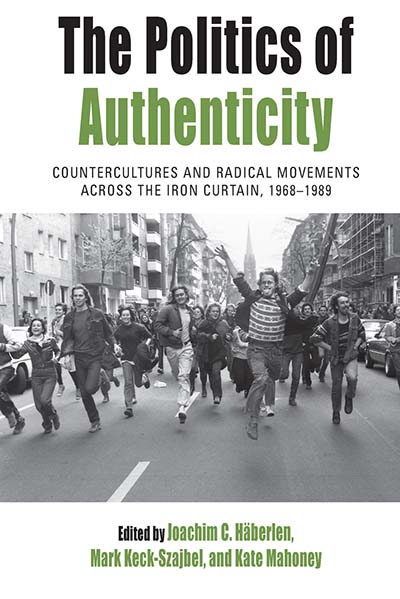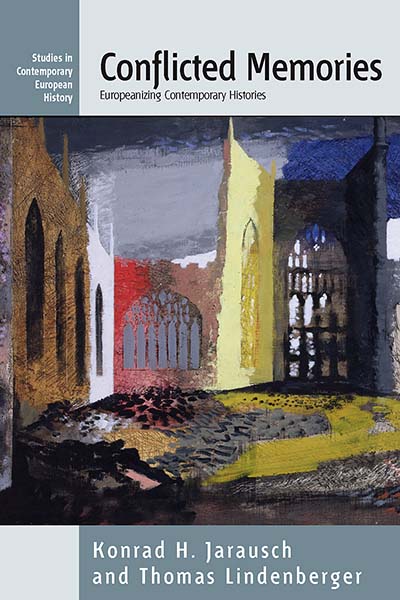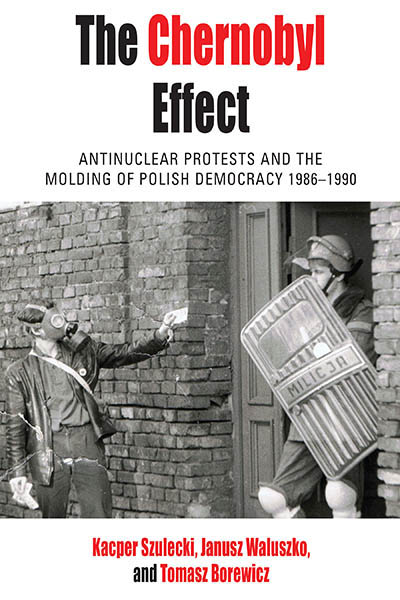
Series
Volume 32
Protest, Culture & Society
See Related
History JournalsEmail Newsletters
Sign up for our email newsletters to get customized updates on new Berghahn publications.
The Chernobyl Effect
Antinuclear Protests and the Molding of Polish Democracy, 1986–1990
Kacper Szulecki, Janusz Waluszko, and Tomasz Borewicz
228 pages, 38 illus., bibliog., index
ISBN 978-1-80073-619-1 $135.00/£104.00 / Hb / Published (September 2022)
eISBN 978-1-80073-620-7 eBook
Reviews
“This eight-chapter book contributes to the understanding of 20th-century antinuclear activism and sheds light on the opposition movements that grew during the last stages of communist rule in Poland. The authors convincingly show that Chernobyl was a political turning point in the Eastern Bloc, one that called into question the stability and soundness of continued Soviet governance…Recommended.” • Choice
“Szulecki, Waluszko and Borewicz trace the success story of the Polish anti-nuclear movement in great detail and saturated with sources. Their approach of linking the history of the movement with a revision of common interpretations of the history of political transformation is also convincing. The book is particularly profitable for experts on the subject where the broad basis of interviews provides inside insights into the protests, for example into everyday difficulties during the port blockade in Gdynia.” • H-Soz-Kult
“The presentation is based on a rich collection of text and image sources from the environmental activist scene and the Instytut Pamięci Narodowej (IPN) in Warsaw. In addition, there are interviews conducted by the authors with contemporary witnesses: opponents and supporters of nuclear energy have their say. This makes it possible to give readers direct access to the events – as if they had been there themselves.” • Journal of East Central European Studies (JECES)
“The Chernobyl Effect writes the sometimes very effective Polish opposition to nuclear power into a larger European, transnational and global context. The book makes a significant contribution to an area that in recent years has proven to be highly topical, not only because nuclear power is once again being discussed as a possible solution to Europe's challenges with energy supply and security of supply, but also because of a growing recognition of the shortcomings of the (neo)liberal narrative of Poland's democratic transition.” • Nordic East Forum
“This is an excellent volume on an important subject. Deploying social movement theory, this study challenges views of popular activism in Poland in the 1980s that focus on Solidarity and the Catholic Church, taking a grassroots approach to anti-nuclear activism. This study also situates itself in the heart of nuclear history, providing a Polish perspective on many important themes and debates.” • Dolores L. Augustine, St. John’s University
“In fascinating ways, the authors revisit the transition from communism to neo-liberalism in Poland through the lens of anti-nuclear activism, providing an intimate profile of protest, as if the reader were there. They show that anti-nuclear activists invented new forms of resistance—peaceful, colorful and creative—that grew to be the most successful environmental movement in contemporary Polish history.” • Kate Brown, Massachusetts Institute of Technology
"The volume is an illuminating examination of a protest movement against the building of a nuclear power plant on the Baltic coast of Poland, a movement that was sustained both before and after the momentous transformation of 1989. It highlights the continuities of the protests and state policies, despite fundamental changes, analyzes the limits of regime change, and suggests the democratic roads not taken. Most of all it demonstrates the importance of grounded social movement protests for democracy, something that is overlooked by those who study so - called democratic transitions." • Jeffrey Goldfarb, The New School for Social Research
Description
The 1986 Chernobyl catastrophe was not only a human and ecological disaster, but also a political-ideological one, severely discrediting Soviet governance and galvanizing dissidents in the Eastern Bloc. In the case of Poland, what began as isolated protests against the Soviet nuclear site grew to encompass domestic nuclear projects in general, and in the process spread across the country and attracted new segments of society. This innovative study, combining scholarly analysis with oral histories and other accounts from participants, traces the growth and development of the Polish anti-nuclear movement, showing how it exemplified the broader generational and cultural changes in the nation’s opposition movements during the waning days of the state socialist era.
Tomasz Borewicz (1963-2015) was a Polish anthropologist and environmental activist who led anti-nuclear protests in Gdansk from 1988 to 1990.
Kacper Szulecki is a research professor at the Norwegian Institute of International Affairs. He is editor of five scholarly collections and author of Dissidents in Communist Central Europe (Palgrave 2019).
Janusz Waluszko is an activist, author and publisher who became involved in the Polish underground beginning in the 1970s. The author of two other books, he works at the Central Library of the Gdansk University of Technology.
Subject: History: 20th Century to Present
Area: Central/Eastern Europe
Contents
Download ToC (PDF)

